China is set to embed artificial intelligence (AI) into its entire education system from primary to higher education as part of a national effort to modernize learning, boost innovation, and build a skilled, future-ready workforce.
China has announced plans to incorporate artificial intelligence (AI) into its education system, spanning primary, secondary, and higher education levels. According to a newly released policy paper, AI will be integrated into teaching methods, textbooks, and curricula as part of a broader strategy to modernize education and drive innovation in the world's second-largest economy.
The Ministry of Education stated that adopting AI would help build essential skills in both teachers and students, ranging from critical thinking and problem-solving to effective communication and teamwork. The introduction of AI is also expected to make classrooms more dynamic and intellectually stimulating.
This initiative follows a recent increase in AI-related university programs, spurred by the success of DeepSeek, a Chinese startup that unveiled a competitive large-language model earlier this year. In January, China also introduced its first national action plan aimed at transforming the country into a “strong education nation” by 2035 through innovation-driven reforms.
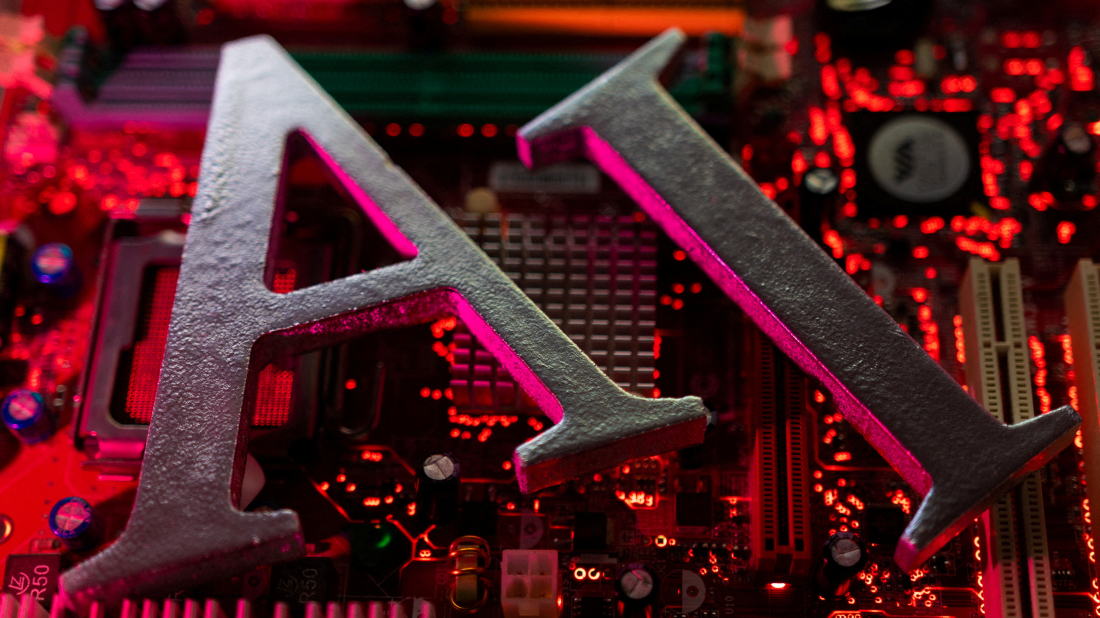
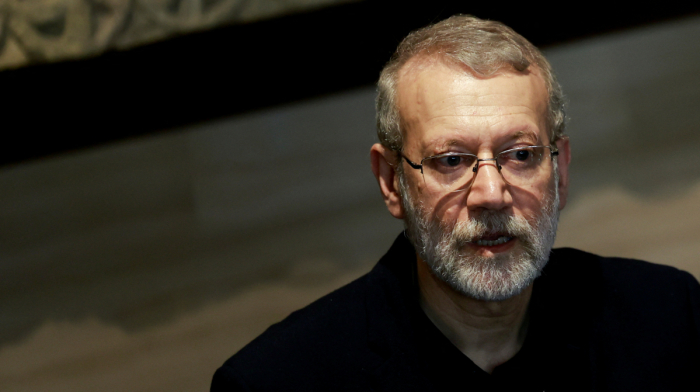
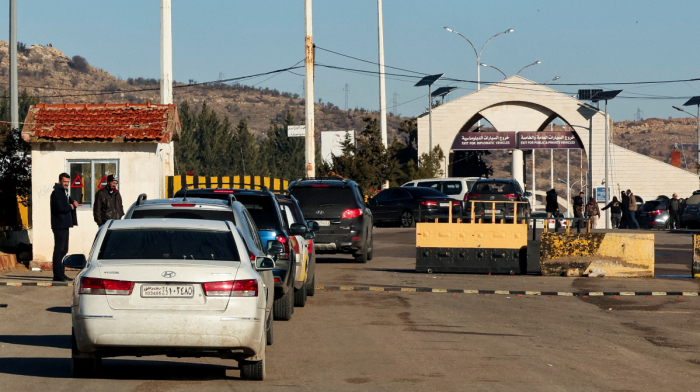






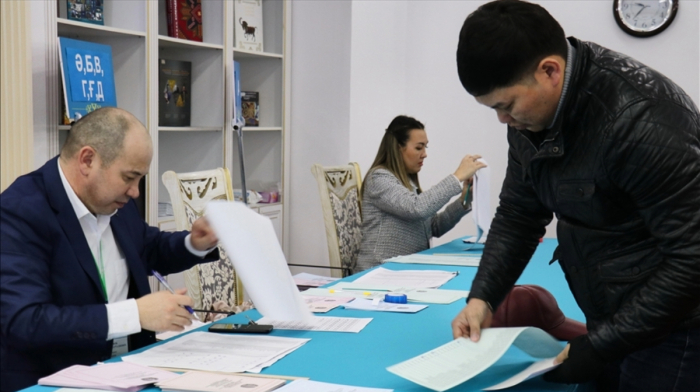



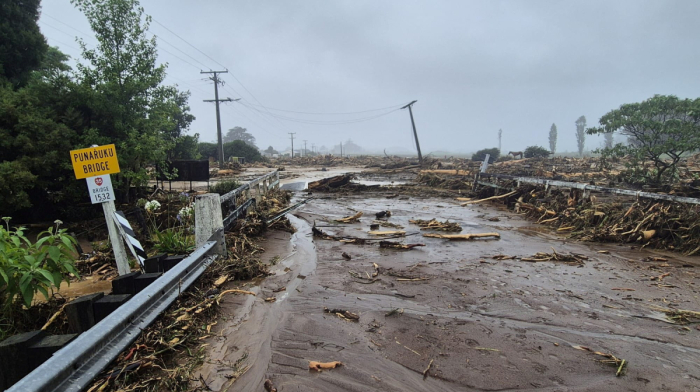



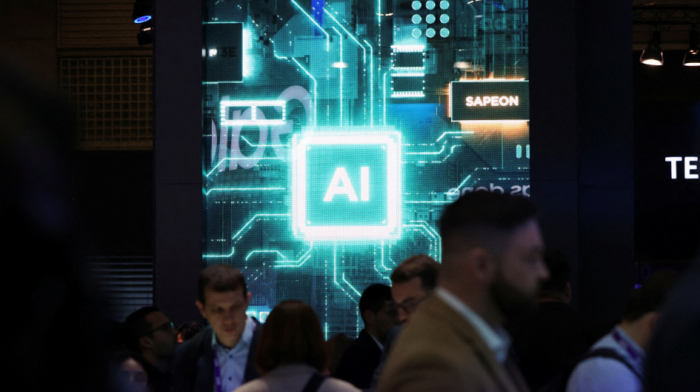





What is your opinion on this topic?
Leave the first comment